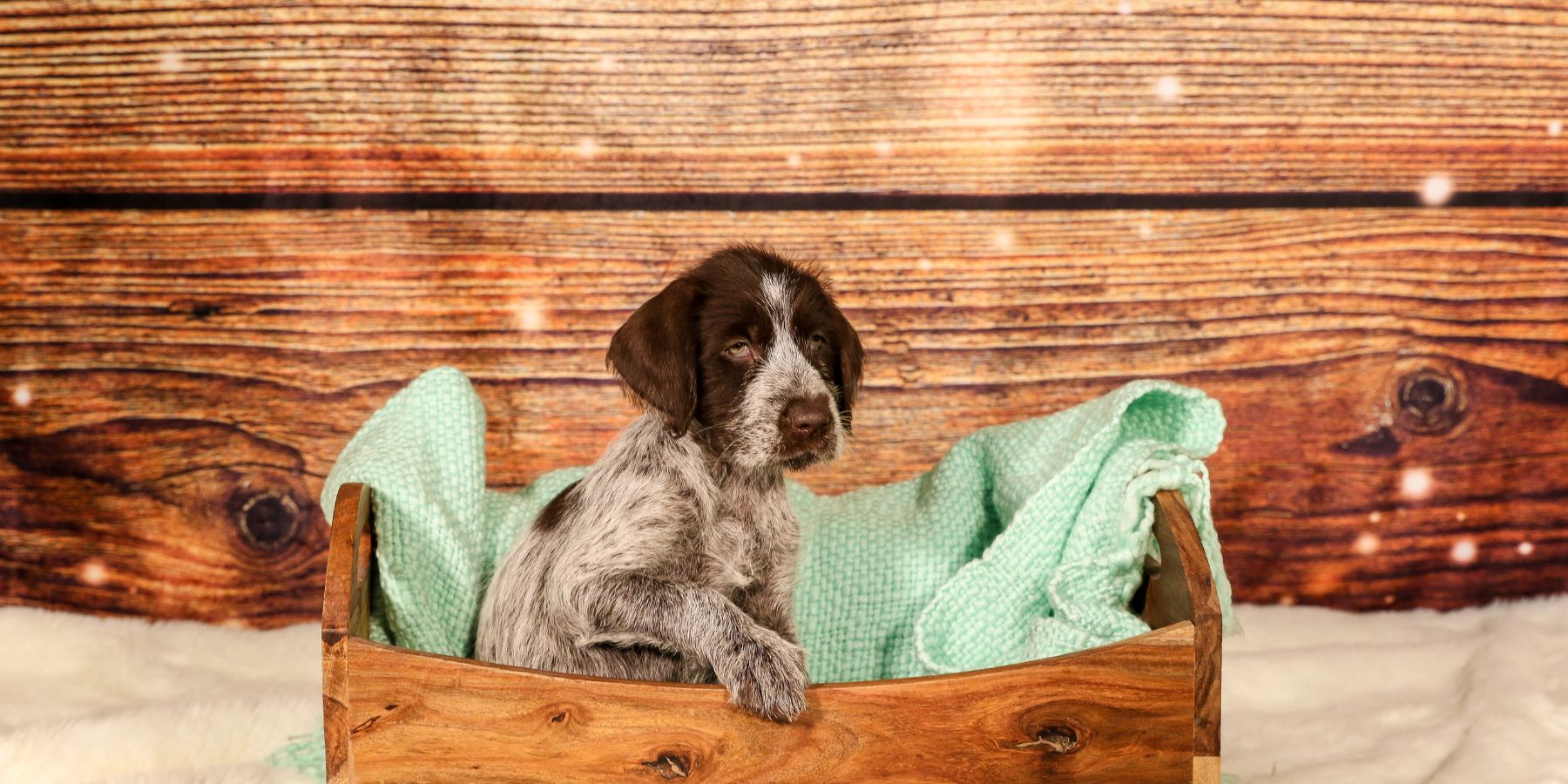Welcoming a new puppy into your home is an exciting adventure filled with joy and learning. At 8 weeks old, your furry friend is ready to absorb new experiences and lessons. In this guide, we'll explore essential training practices to set the foundation for a well-behaved and happy puppy.
The Early Days: Establishing Trust and Routine
Welcoming your 8-week-old puppy into your home marks the beginning of a beautiful companionship. During these early days, the primary focus is on building trust and establishing a routine that provides your furry friend with a sense of security and predictability.
1. Building Trust Through Bonding
Puppy's View: A world filled with novel smells, unfamiliar faces, and new sensations.
Training Tip: Devote quality time to bonding activities, such as gentle cuddling sessions, interactive play, and creating a cozy, safe haven within your home.
In these initial moments, your puppy is absorbing the scents and sounds of their new environment. By being a consistent and caring presence, you're laying the groundwork for a strong bond based on trust.
2. Introducing Basic Commands
Puppy's View: A period of learning and understanding cues in their new surroundings.
Training Tip: Commence training with simple commands like sit, stay, and come. Utilize positive reinforcement techniques, including treats, to reinforce desired behaviors.
Introducing basic commands early on is like opening a line of communication with your puppy. These commands become the building blocks for future training, helping your furry companion navigate their interactions with you and the world around them.
During these early training sessions, the focus is on creating a positive association with following commands, making the learning experience enjoyable for your puppy.
Building trust through bonding and introducing basic commands lays the foundation for a harmonious relationship between you and your 8-week-old pup. As you embark on this journey together, remember to be patient, and encouraging, and, most importantly, enjoy the delightful moments of puppyhood.
Potty Training: Creating Clean Habits
1. Establishing a Routine
Puppy's View: Figuring out where to do their business.
Training Tip: Set a consistent schedule for bathroom breaks, rewarding success.
2. Recognizing Signs of Needing to Go
Puppy's View: Communicating urgency.
Training Tip: Observe behavior cues such as sniffing and circling, and respond promptly.
Leash Etiquette: Navigating the Great Outdoors
1. Getting Comfortable with a Leash
Puppy's View: A new accessory that brings excitement.
Training Tip: Introduce the leash indoors and associate it with positive experiences.
2. Outdoor Exploration
Puppy's View: A playground of scents and wonders.
Training Tip: Encourage leash walking in a secure, enclosed outdoor space.
Socialization: Meeting the World
1. Meeting New People
Puppy's View: A parade of friendly faces.
Training Tip: Use treats and praise to associate positive feelings with meeting new people.
2. Interacting with Other Dogs
Puppy's View: Playtime with potential pals.
Training Tip: Supervise playtime, ensuring positive interactions with other dogs.
FAQs About Training Your 8-Week-Old Puppy
Q1: Can I start training my puppy right away?
Answer: Yes, start as early as 8 weeks to build good habits.
Q2: How often should I train my puppy?
Answer: Short sessions several times a day to keep it engaging.
Q3: Should I use treats for training?
Answer: Yes, treats are effective, but praise and positive reinforcement work too.
Q4: Can I take my puppy for walks at this age?
Answer: Short, gentle walks in a safe area are beneficial for physical and mental stimulation.
Q5: Is socialization important for an 8-week-old puppy?
Answer: Absolutely, positive exposure to various environments and experiences is crucial.
Summary
Training your 8-week-old puppy is a rewarding journey that strengthens your bond and sets the stage for a well-behaved companion. By focusing on trust-building, introducing basic commands, and instilling good habits, you're creating a foundation for a happy and confident furry friend. Embrace the training process with patience, love, and a sprinkle of treats.


